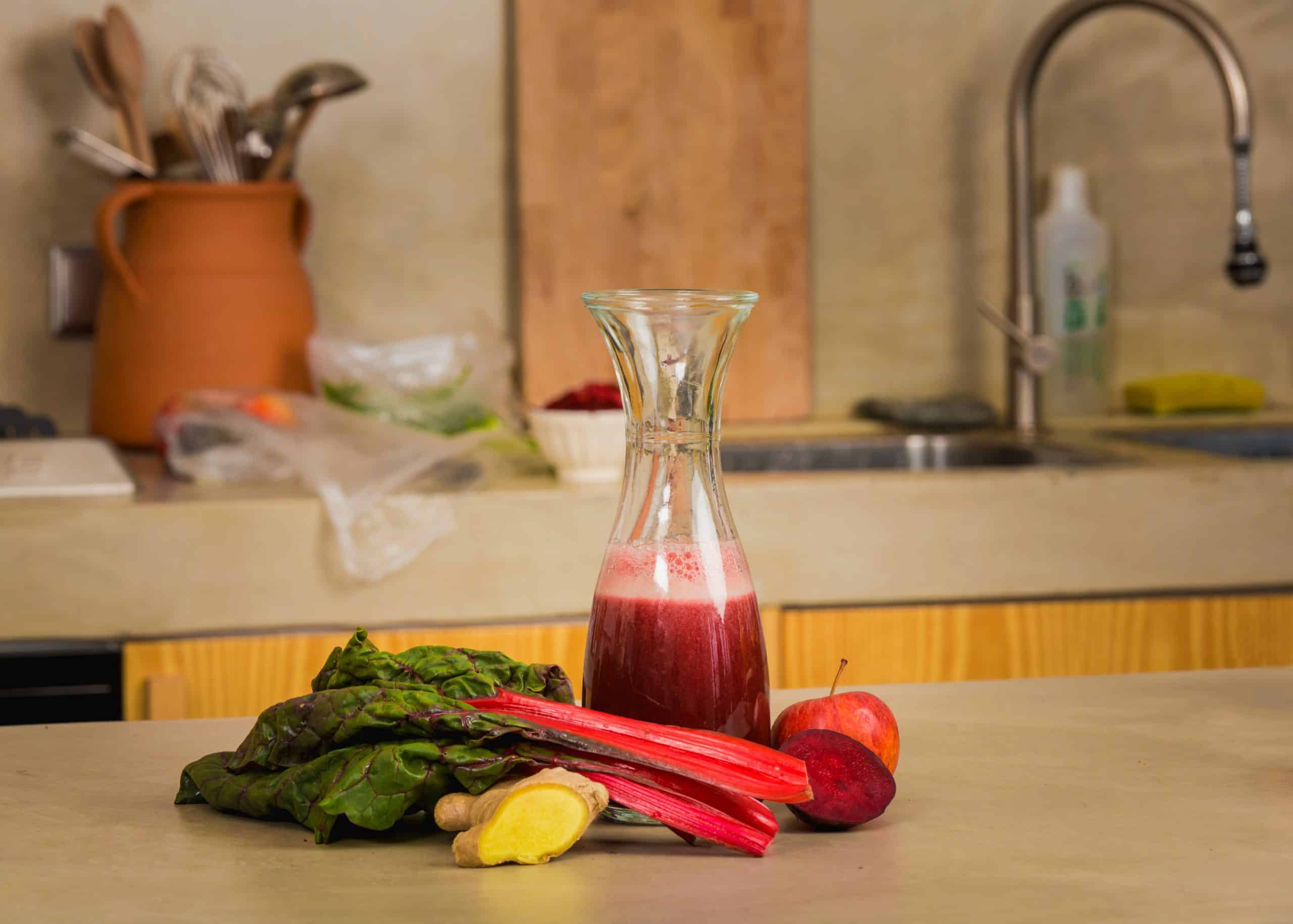Keeping your Great Dane puppy healthy and happy means providing it with the right nutrition. But what exactly does that mean? Protein is a vital part of a dog’s diet, especially for rapidly growing large breeds like Great Danes. In this article, we explore the importance of protein to a dog’s diet, the specific needs of Great Dane puppies, and how you can provide your pup with optimal nutrition.
Understand the Role of Protein in a Dog’s Diet
Protein is often considered the building block of life. It’s a crucial nutrient that dogs need for a number of reasons.
Also to discover : What’s the Most Effective Approach to Teaching an Old Cat New Tricks?
Protein provides the essential amino acids that dogs cannot produce on their own. These amino acids are crucial for cell regeneration, muscle development, and overall growth. It also aids in the production of antibodies, which help your dog fight off illness and stay healthy.
For a large breed like a Great Dane, protein is even more significant as it plays a vital role in their rapid growth and development. The protein content in their diet can greatly impact their overall health and longevity.
In parallel : How to Properly Introduce a Pet Rabbit to Outdoor Playtime?
The Importance of Protein for Great Dane Puppies
Your Great Dane puppy isn’t just any dog, and their nutritional needs are unique.
Puppies of any breed require more protein than adult dogs due to their speedy growth and development, but this is especially true for large breeds. To support their rapid growth, large breed puppies like Great Danes require a diet high in protein.
However, too much of a good thing can also be harmful. Excessive protein can lead to an overly rapid growth rate, which can cause skeletal and joint problems in large breed puppies. Therefore, the key is to strike a balance – enough protein to support healthy growth, but not so much that it leads to health issues.
What is the Ideal Protein Intake for a Great Dane Puppy?
Determining the ideal protein intake for your Great Dane puppy isn’t as simple as it might sound.
The general recommendation is that puppy food for large breeds, such as Great Danes, should have a protein content of about 22.5 to 24.5 percent. However, it’s crucial to understand that this is not a one-size-fits-all guideline. Your individual puppy’s needs may vary based on their size, age, activity level, and overall health.
It’s also worth noting that the source of protein is just as important as the amount. High-quality animal proteins like chicken, beef, and fish are preferable to plant-based proteins as they provide the full range of essential amino acids your pup needs.
Choosing the Right High-Protein Food for Your Great Dane Puppy
With the countless dog food options available in the market, choosing the right one for your Great Dane puppy can be overwhelming.
Look for foods that are specifically formulated for large breed puppies. These foods should have a protein content within the recommended range, and they should list a high-quality animal protein as the first ingredient.
In addition to protein, other important nutrients to look for include calcium and phosphorus. These minerals are crucial for bone development, and the right balance can help prevent skeletal problems in your growing pupper.
Feeding Your Great Dane Puppy for Optimal Growth
The way you feed your Great Dane puppy is just as important as what you feed them.
Feed your pup several small meals a day rather than one or two large ones. This will help maintain a steady growth rate and prevent bloating, a common issue in large breed dogs.
Be wary of free-feeding, or leaving food out all the time. This can lead to overeating and rapid growth, both of which can cause health problems in Great Danes.
In conclusion, providing your Great Dane puppy with the right amount of high-quality protein is crucial for their health and growth. Be sure to consult with your vet to create a diet plan that’s tailored to your pup’s individual needs. It’s worth mentioning that while getting the right protein intake is essential, it’s not the only factor to consider. A balanced diet, regular exercise, and plenty of love and care are also key to raising a healthy, happy Great Dane.
Identifying Signs of Protein Deficiency or Excess in Great Dane Puppies
Ensuring that your Great Dane puppy is getting the right amount of protein is necessary, but it can be challenging. One way you can check if your pup’s diet is balanced is by observing their condition and behavior. A protein deficiency or excess both can manifest in various ways in your pup.
If your Great Dane puppy isn’t getting enough protein, they may show signs of stunted growth, a dull and lackluster coat, weight loss, and a general decrease in their energy level. They may seem lethargic and uninterested in play, which is uncommon for a puppy. In severe cases, your pup may suffer from muscle atrophy and a weakened immune system, making them more susceptible to infections and diseases.
On the flip side, an excess in protein can also cause serious health problems. As mentioned earlier, too much protein can lead to rapid growth, resulting in skeletal and joint issues. Excessive protein can also strain your pup’s kidneys and liver as these organs are tasked with processing the nutrient. Symptoms of protein excess may include excessive thirst and urination, weight gain, and a bloated appearance.
If you notice any of these symptoms, it’s essential to get your Great Dane puppy checked by a vet immediately. Adjustments in their diet may be needed, and in some cases, additional medical intervention might be necessary.
The Role of Exercise in Maximizing Protein Efficiency
Exercise is important in helping your Great Dane puppy utilize the protein in their diet effectively.
Physical activity promotes muscle development and bone strength, both of which heavily rely on protein. Regular exercise will help your pup metabolize the protein in their diet and convert it into muscle mass rather than fat. This can prevent health issues related to excessive protein intake and obesity.
However, remember that Great Danes, as a giant breed, are prone to certain health issues such as hip dysplasia and heart conditions. As such, their exercise needs to be carefully regulated. Over-exercising your pup can lead to health complications.
Consult with your vet to establish a safe and suitable exercise regime for your Dane puppy. Regular but low-impact activities, such as walking and swimming, are often recommended for this breed. Avoid high-impact, strenuous activities, especially during your pup’s rapid growth phase.
Conclusion
In summary, the ideal protein intake for a Great Dane puppy is about 22.5 to 24.5 percent of their total diet, sourced from high-quality animal proteins. However, this is a guideline, and your pup’s individual needs may vary, so it is a good idea to consult with your vet.
Choosing the right dog food and feeding your Great Dane puppy properly are just as important as getting the protein amount right. Moreover, you should be able to identify signs of protein deficiency or excess and understand the role of exercise in maximizing protein efficiency.
Raising a Great Dane puppy requires a holistic approach. This includes not only a balanced diet, rich in high-quality protein, but also regular exercise, adequate rest, and plenty of tender loving care. Your efforts will all be worth it when you see your Great Dane pup grow into a magnificent, healthy adult dog.











